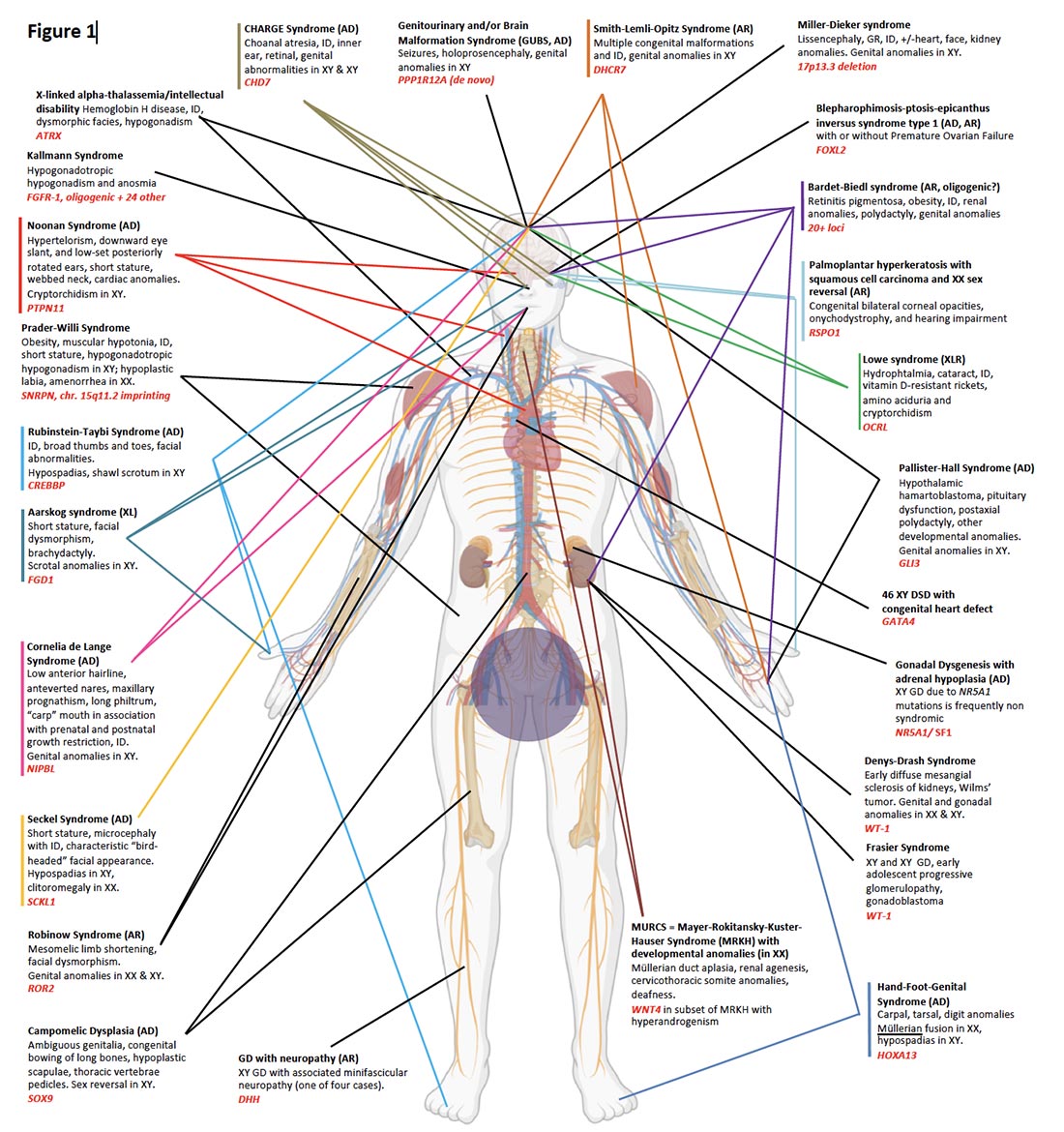Our Research
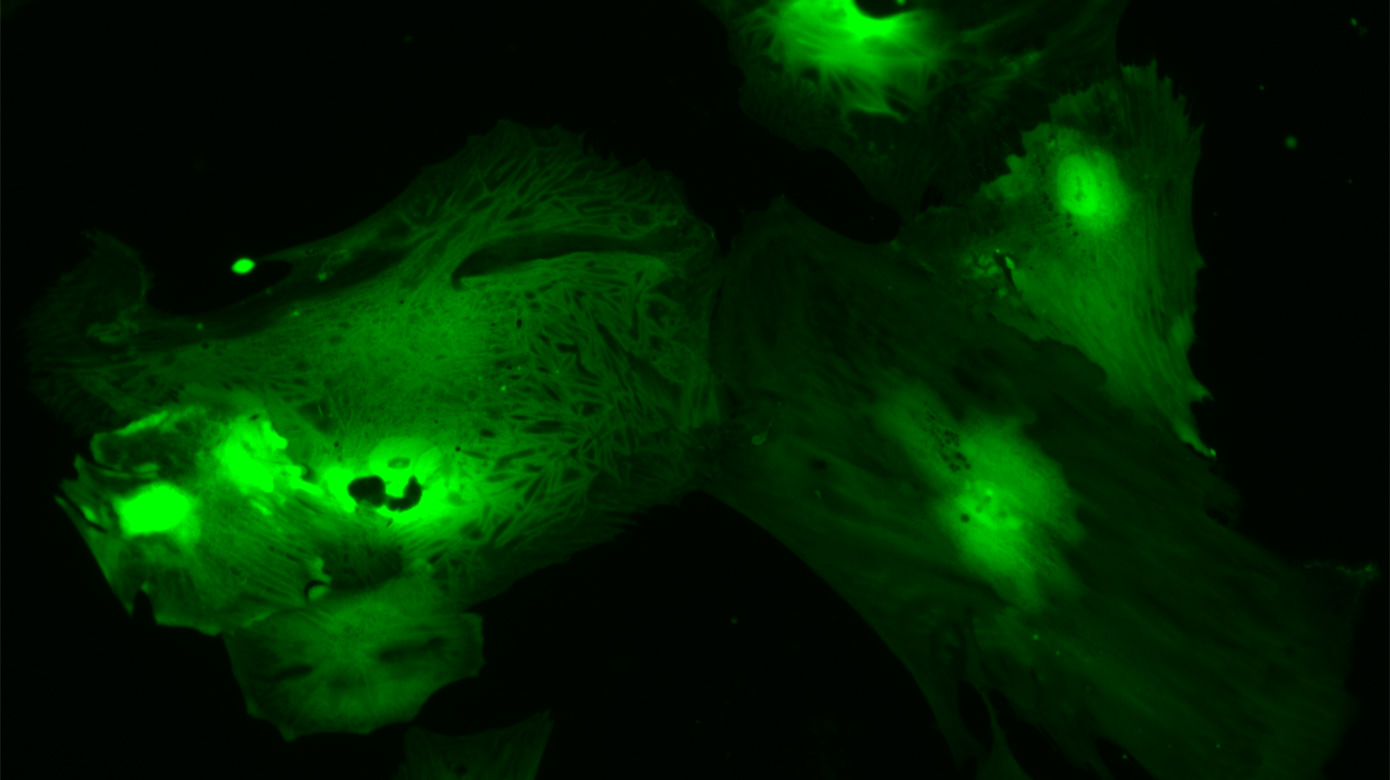
Disorders/Differences of Sex Development (DSD)-Translational Research Network
Emmanuèle Délot, Ph.D., is the founding national coordinator for the Disorders/Differences of Sex Development Translational Research Network (DSD-TRN). The DSD-TRN is a National Institutes of Health-funded network of clinical sites dedicated to providing an improved standard of care for people with DSD conditions through research and education. Dr. Délot also serves as the chair for the Publications and Research Committee of the network.
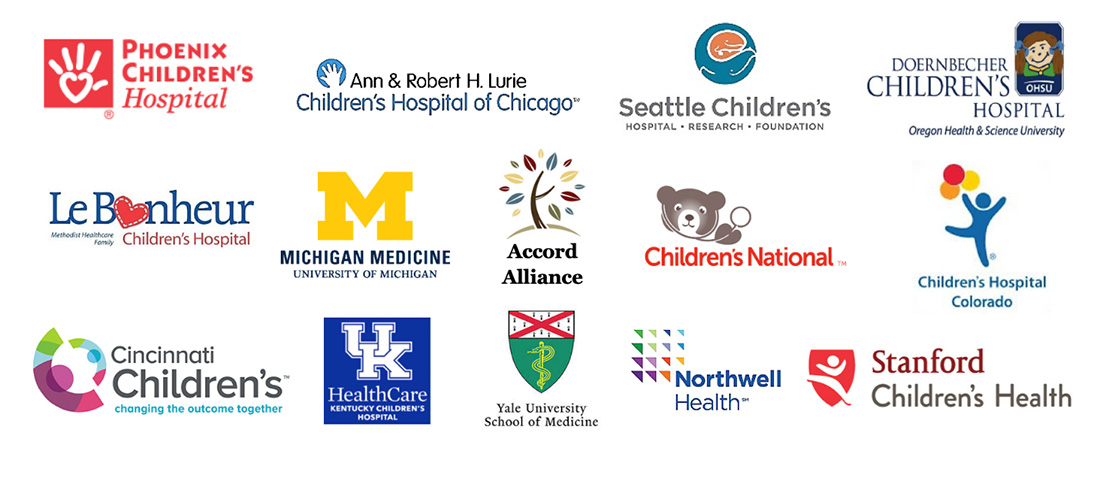
The Children’s National Positive Reevaluation of Urogenital Differences (PROUD) Clinic, a site of excellence of the DSD-TRN, provides interdisciplinary evaluation, diagnostic and patient-centered management plans for children and adolescents with conditions affecting genital development and fertility.
Recent publications related to this topic:
- Genetics of Disorders of Sex Development: The DSD-TRN Experience
- Translating genomics to the clinical diagnosis of disorders/differences of sex development
- Newborn Screening Protocols and Positive Predictive Value for Congenital Adrenal Hyperplasia Vary across the United States
- Disorders of sex development (DSD): Clinical service delivery in the United States
Basic and Translational Genomics Research
The Délot Laboratory develops and leverages new genomic technologies to improve the diagnosis of rare conditions including DSD and hepatorenal fibrocystic disorders (HRFD). Recent activities include:
- Development of new genomic and bioinformatics tools for optical genome mapping
- Analysis of patients whole genome sequences to uncover new DSD etiology
- Development of animal and cellular models for DSD research in collaboration with Eric Vilain, M.D., Ph.D.
- Benchmarking of long-read sequence algorithms
- Establishment of the HRFD genetic testing resource at Children’s National Hospital in collaboration with Lisa Guay-Woodford, M.D.
Recent publications related to this topic:
- nanotatoR: a tool for enhanced annotation of genomic structural variants. In press in BMC Genomics
- Identification of Novel Candidate Genes for 46,XY Disorders of Sex Development (DSD) using C57BL/6J-YPOS Mouse Model
- Next-Generation Mapping (NGM): A Novel Approach for Detection of Pathogenic Structural Variants with a potential utility in clinical diagnosis
- New technologies to uncover the molecular basis of disorders of sex development
Epigenetic Markers of Abnormal Brain Development in Stressed Pregnancies
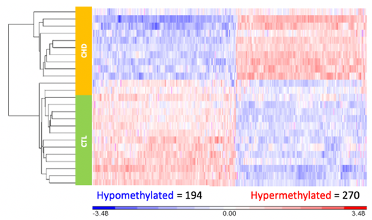 A feature of many stressed pregnancies is impaired fetal brain development resulting in reduced quality of life and lifelong cognitive, learning and affective-behavioral consequences for survivors. The Délot Laboratory established a collaboration with the Developing Brain Institute at Children’s National to develop an understanding of the intrauterine programming mechanisms in stressed pregnancies. We are studying specifically three cohorts: fetuses with severe congenital heart defects, pregnancies with placental defects and pregnancies that result in premature birth. The overarching goal is to identify patterns of differential methylation in affected pregnancies in relation to brain development in the fetus to eventually identify specific episignatures predictive of resilience or susceptibility to long-term neurodevelopmental outcomes.
A feature of many stressed pregnancies is impaired fetal brain development resulting in reduced quality of life and lifelong cognitive, learning and affective-behavioral consequences for survivors. The Délot Laboratory established a collaboration with the Developing Brain Institute at Children’s National to develop an understanding of the intrauterine programming mechanisms in stressed pregnancies. We are studying specifically three cohorts: fetuses with severe congenital heart defects, pregnancies with placental defects and pregnancies that result in premature birth. The overarching goal is to identify patterns of differential methylation in affected pregnancies in relation to brain development in the fetus to eventually identify specific episignatures predictive of resilience or susceptibility to long-term neurodevelopmental outcomes.
Recent publications related to this topic:
- Characterization of Differential Patterns of DNA Methylation Associated with Stress during Pregnancy
COVID-19 Research Epidemiology
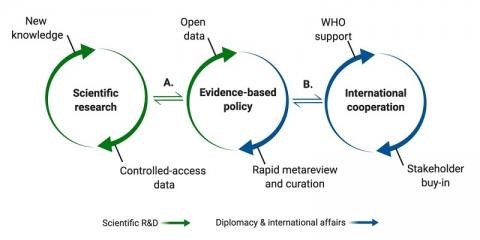 The laboratory has performed extensive data analysis on COVID-19 data made available by countries worldwide. As in many fields, sex as a biological variable was often ignored in tracking pandemic data. The Délot Laboratory made recommendations for improvement and identified reproducible trends across countries in sex differences in COVID-19 infection. We also showed that available data are disparate and incomplete, hampering research into epidemiological features of the pandemic. We made recommendations for better data capture and establishment of international cooperations under the aegis of the World Health Organization (WHO) for better access to higher quality data for COVID-19 researchers.
The laboratory has performed extensive data analysis on COVID-19 data made available by countries worldwide. As in many fields, sex as a biological variable was often ignored in tracking pandemic data. The Délot Laboratory made recommendations for improvement and identified reproducible trends across countries in sex differences in COVID-19 infection. We also showed that available data are disparate and incomplete, hampering research into epidemiological features of the pandemic. We made recommendations for better data capture and establishment of international cooperations under the aegis of the World Health Organization (WHO) for better access to higher quality data for COVID-19 researchers.
Basic Research
Taking advantage of the expertise at the Children’s National Hospital Developing Brain Institute (CDBI) and Center for Genetic Medicine Research (GenMed), a collaborative effort was launched between geneticists, neuroscientists, neonatologists and obstetricians to study the impact of the COVID-19 on the mental health of pregnant women and the developmental outcomes in their babies. We are currently examining the epigenetic changes in pregnancies stressed by the COVID-19 pandemic. Fetal brain anatomic and metabolic development, maternal stress and outcomes are measured in relation to epigenetic markers in the child, placenta and mother.
Recent publications related to this topic:

